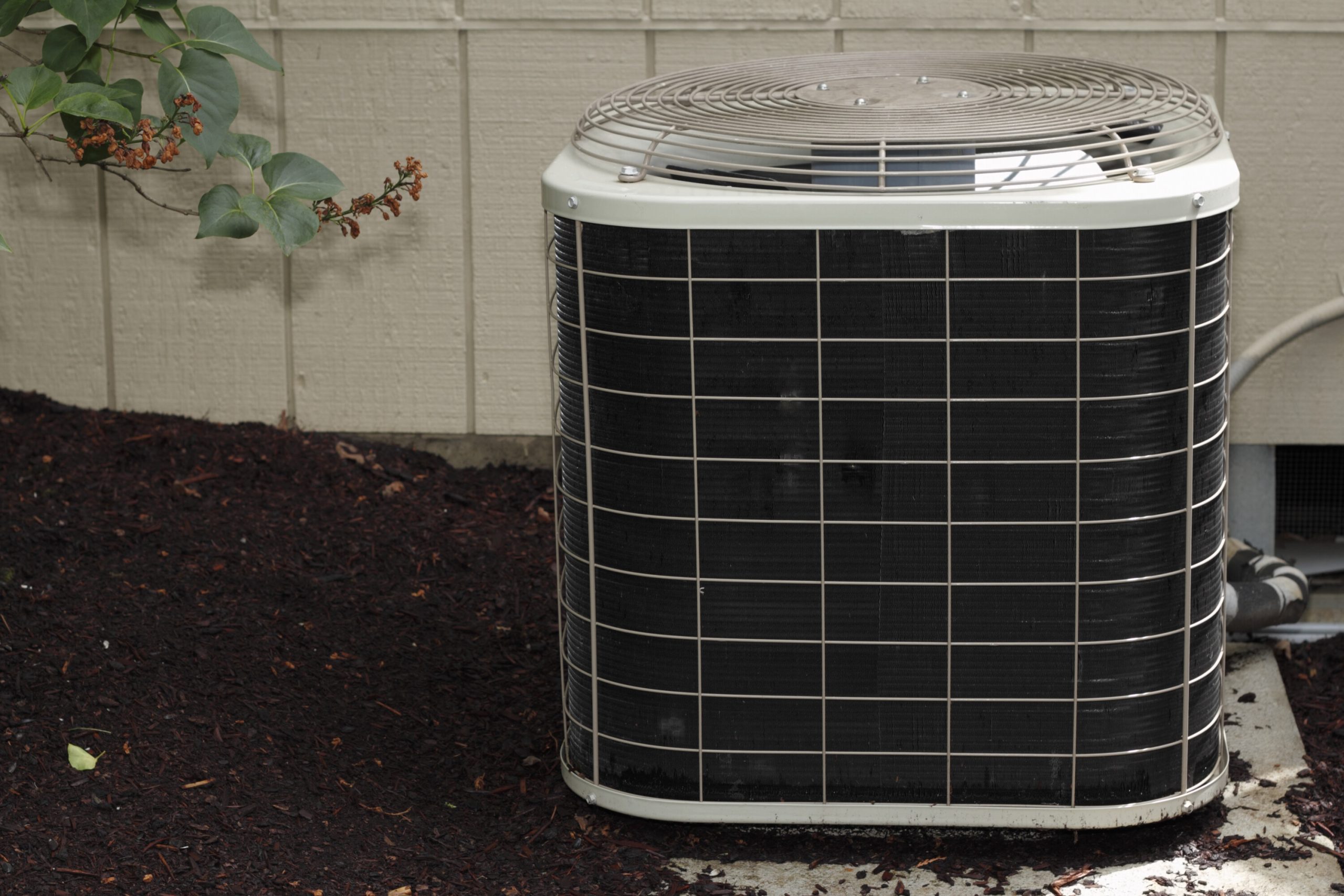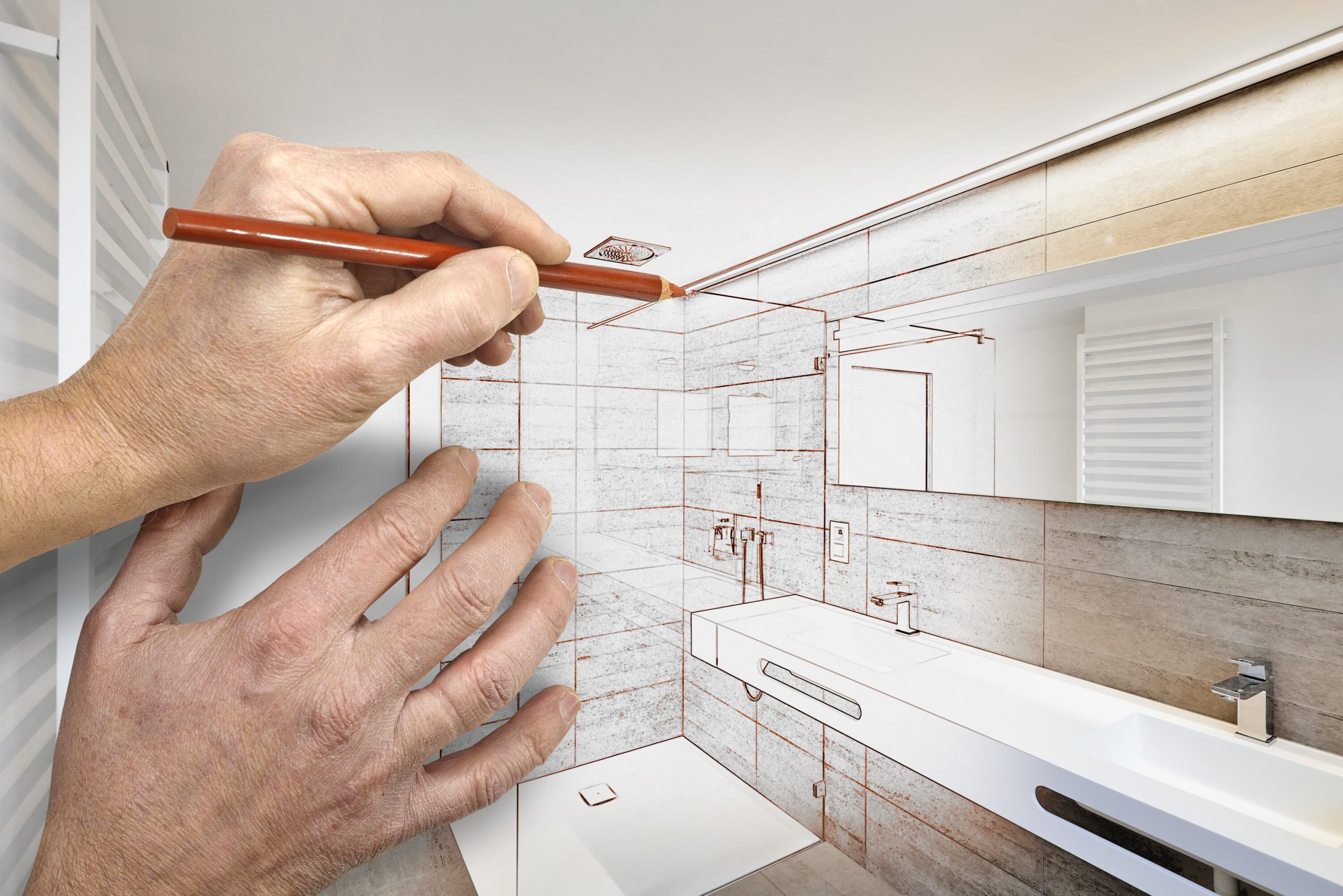5 Reasons Why Your HVAC Unit is Loud Do you find your HVAC unit excessively…

Great Guards of Wire: Choosing the Right Coil Guard
Air conditioners and heat pumps seem like they should have a long, boring existence, but the reality of their service life can be filled with hazards. Year-round weather like rain, snow, and hail, pests and pets “making their mark,” carelessly close lawn mowers, and thieves that are determined to do damage can all bring harm to an outdoor unit. No matter how dutiful you are when it comes to the regular maintenance of an outdoor unit, the world may have other plans. That’s why your unit needs a coil guard.
You can help safeguard your outdoor unit, making sure it has plenty of protection from anything ranging from tree branches falling or rampaging squirrels trying to make an apartment unit out of your air conditioner. Coil guards are one of the ways you can ensure your Heating, Ventilation, and Air Conditioning (HVAC) system stays in working order for many years to come.
Coiled and Ready to Strike
So what is a coil guard? There are two types: a physical shield made of metal and a spray-on aerosol that coats the coils themselves.
A physical coil guard, also called a hail guard, is essentially a metal shield placed over your air conditioning unit. It has vents built into it to allow for proper air flow to make sure your outdoor unit can function properly while it is far more protected from any possible damage. It is key for coil guards to make sure they do not restrict air flow. When installed correctly, a coil guard covers the vulnerable parts of an outdoor unit. Coil guards protect against physical damage, corrosion, theft attempts, and help to keep the unit clean. A coil guard can come as part of a new HVAC system or can be retro-fitted onto an existing unit. They can even come in custom colors to best suit the aesthetics of a building.
Spray-on coil guard is a chemical protectant. When sprayed directly on to the coils, it offers defense against corrosion and other types of damage. Although it cannot protect against physical impact it can help prolong the service life of an air conditioning unit in general. The spray does not impact the performance of the coils and can be colored, ensuring even coating. An array of corrosion resistant coatings are available to choose from. Applied during or after the construction of a unit, it provides protection through the life of a newly installed unit. You can also apply this spray to an existing unit to remediate damage, keeping it safe from new corrosion.
Know Thy HVAC Enemies
When it comes to protecting your air conditioner or heat pump, it’s important to consider what dangers it may be facing in its day-to-day operations. First, consider where you live and the weather hazards that might occur. Do you often have snow or hail storms? Are there tree branches overhead that could fall in heavy wind? Are there wild animals that may cause damage by “marking” a unit with urine or by infesting the machinery? If you are located near the coast, you may have to consider the effects of salt water that can lead to rust.
Next, take note of where your air conditioning unit or heat pump is located. Units at ground level face different hazards compared to those installed on top of a roof, which might be different from window-installed units. When you have the full picture of what dangers you may be dealing with, then you can choose the right kind of coil guards to protect your outdoor unit.
SEE ALSO: Why You Should Schedule Your HVAC Spring Cleaning!
Care and Coil Maintenance
Just like the HVAC system itself, a coil guard requires some upkeep for optimum protection. Fortunately, this is very easy and can be quickly incorporated into the maintenance of the HVAC system itself. Coil guards can be removed for access to the unit as required, whether it be for a bi-annual inspection and cleaning, or if it is in need of repair. During these times, check the coil guard for damages that might impede its protective duties and clean it off with a hose. Once the coil guard is dry and reinstalled, it can resume protecting the unit beneath.
It’s best to leave the application of an aerosol coil guard to a professional, licensed HVAC service provider. While the application process can seem easy, making sure that the coils are properly covered, have enough coats of the protectant, and that the person applying the coil guard has the right type of protective gear is all crucial to success. The chemicals involved can be hazardous if misapplied. You can speak with your local, licensed HVAC service provider to see if applying a coil guard can be part of your bi-annual maintenance routine or as a maintenance appointment.
SEE ALSO: Homeowner’s Maintenance Guide
Protect Your Condenser Coils
Coil guards are a simple and effective way to add a literal layer of protection to any air conditioner unit. New air conditioners come with coil guards, and existing units can have them added on. They serve to protect against corrosion, physical damage, and theft. When it comes time to perform maintenance on the unit, a coil guard can be removed, cleaned, and then easily re-installed.
If you are interested in a coil guard for your home or business’s air conditioning unit, please contact your local, licensed HVAC service provider for a consultation. They will have the expertise and ability to properly assess the best coil guard for your needs.


